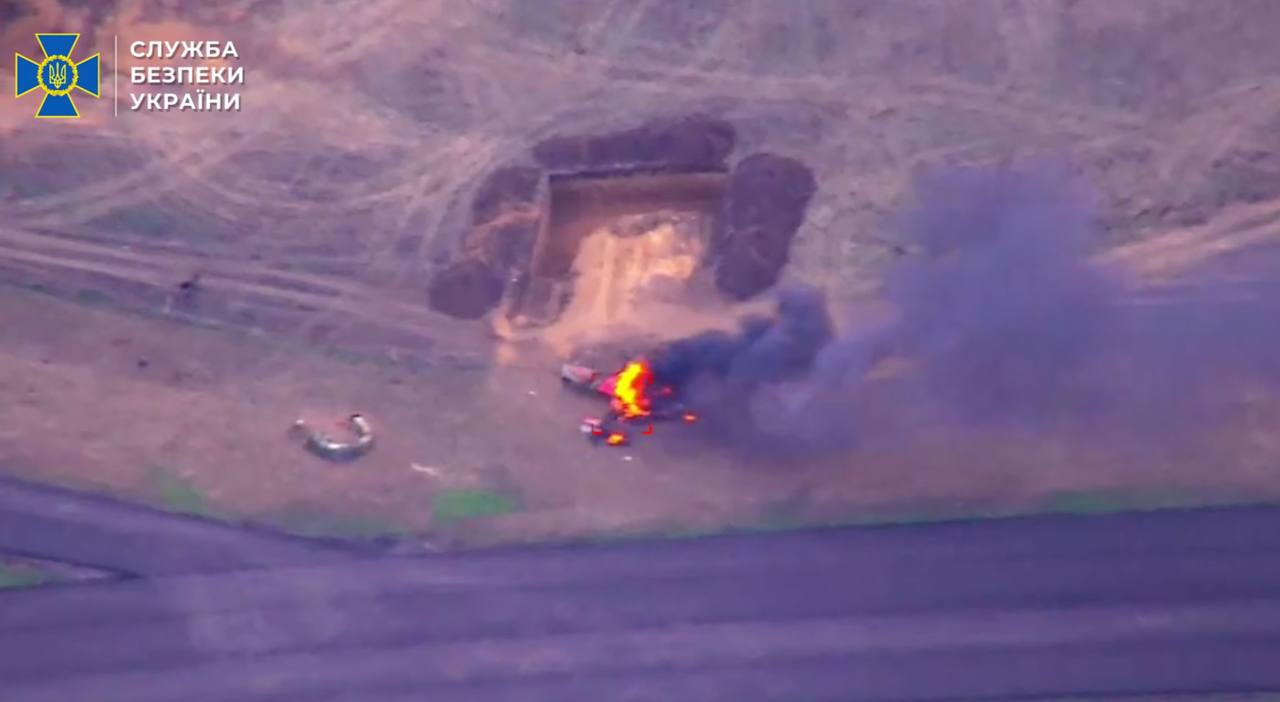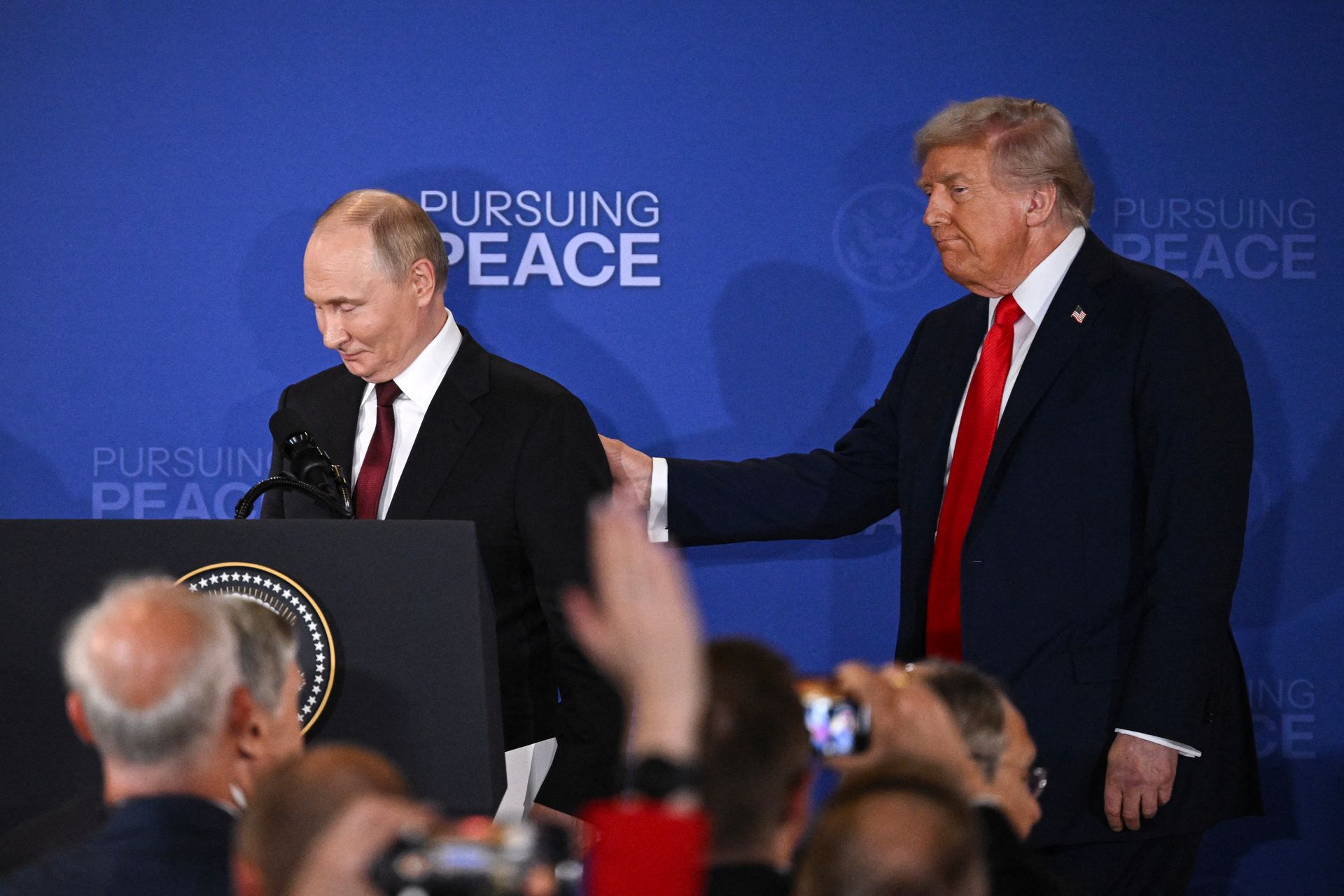Ukraine strikes Russian chemical plant with Storm Shadow missiles, military says

Editor's Note: This is a developing story.
Ukrainian forces carried out a large-scale attack involving Storm Shadow missiles against Russia on Oct. 21, striking the Bryansk Chemical plant, the General Staff of Ukraine's Armed Forces reported.
"A massive combined missile and air strike was carried out, including the use of air-launched Storm Shadow missiles, which successfully penetrated the Russian air defense system," the General Staff said.
The operation was carried out jointly by Ukraine's Air Force in coordination with the Navy, Land Forces, and other military units.
The attack hit the Bryansk Chemical Plant in Russia's Bryansk Oblast, the General Staff said. The consequences of the strike are still being assessed.
The Kyiv Independent could not independently verify these claims at the time of publication.
The Bryansk Chemical Plant produces gunpowder, explosives, and rocket fuel components, which Russia uses in ammunition and missiles launched against Ukraine. The General Staff described the plant as a "key facility" in Russia's military-industrial complex.
The U.K. designated the Bryansk Chemical Plant in its Sept. 12 package of sanctions against Russia. The factory has also been sanctioned by the U.S.
The plant has been targeted in previous strikes, some of which reportedly involved long-range ATACMS missiles.
The U.K.-supplied Storm Shadow missiles have a range of between 250 and 560 kilometers (155-349 miles), depending on the version of the weapon. Equipped with advanced navigation systems, they are designed to fly close to terrain at high speeds, enhancing their effectiveness in striking critical targets.
Ukraine has previously used Storm Shadows to strike targets in Russia's Bryansk and Kursk oblasts, as well as in Russian-occupied Crimea.
The latest strike comes the same day that President Volodymyr Zelensky said that Ukrainian long-range attacks on Russia "may hold the indispensable key to peace."
Zelensky had hoped to win a promise of long-range Tomahawk missiles for Ukraine during his Oct. 17 meeting with U.S. President Donald Trump. Instead, Trump said he wanted to avoid escalation with Russia and said he planned to hold a bilateral summit with Russian President Vladimir Putin.
But plans for the U.S.-Russia talks fell apart, as the Kremlin refused to accept Trump's call for Kyiv and Moscow to freeze the battle lines and call a ceasefire. U.S. officials said on Oct. 21 that there were no plans for Putin and Trump to meet in the near future.
"Russia continues to do everything to weasel out of diplomacy — and as soon as the issue of long-range capabilities for us — for Ukraine — became less immediate, Russia's interest in diplomacy faded almost automatically," Zelensky said on Oct. 21.
"This signals that this very issue — the issue of our deep strike capabilities — may hold the indispensable key to peace."












